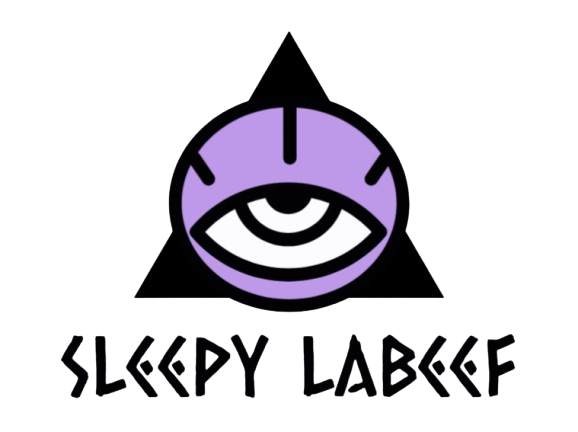Sales training equips sales professionals with the knowledge, skills, and tools. It is a structured and organized approach to improving the sales team’s capabilities, enabling them to be more efficient, persuasive, and successful in their selling efforts. The goals of sales training Perth may vary depending on the company’s specific needs, but some common objectives include:
- Enhancing selling techniques. Sales training aims to teach salespeople various selling techniques, communication skills, and persuasive strategies to engage with potential customers, identify their needs, and present products or services in a compelling manner.
- Product and industry knowledge. Sales professionals must have a deep understanding of the products or services they are selling, as well as the industry in which they operate. Sales training provides the necessary product knowledge and market insights to help them address customer inquiries and objections effectively.
- Customer relationship building. Building strong and positive relationships with customers is crucial for long-term success. Sales training often includes guidance on relationship-building techniques and customer service skills to foster trust and loyalty.
- Handling objections and rejections. Salespeople encounter objections and rejections regularly. Sales training equips them with the ability to handle objections gracefully and turn rejections into opportunities.
- Closing deals. The art of closing a sale is vital for sales success. Training programs often focus on various closing techniques and strategies to help salespeople seal the deal.
- Time management and organization. Sales professionals often have multiple tasks and deadlines to manage. Sales training may include time management and organization skills to help salespeople prioritize and stay focused on their key objectives.
- Adapting to new technologies. With the rapid advancements in technology, sales professionals need to be adaptable to new tools and platforms. Sales training may cover the effective use of sales technology, customer relationship management (CRM) systems, and other sales-related software.
- Continuous improvement. It should be an ongoing process that encourages continuous learning and improvement. Regular refreshers and advanced training can help sales teams stay updated and maintain a competitive edge.
Sales performance and revenue generation

Sales performance and revenue generation are critical aspects of any business, as they directly impact its profitability and growth.
- Sales performance. Sales performance refers to the measurement and evaluation of the effectiveness and efficiency of a company’s sales activities. Key performance indicators (KPIs) are used to assess sales performance, and they may include metrics such as:
- Sales revenue
- Number of sales
- Conversion rate
- Average deal size
- Sales cycle length
- Customer retention rate
- Revenue generation. Revenue generation refers to the process of generating income or revenue for a company through various means, primarily by selling products or services.
To enhance revenue generation, companies can focus on several strategies:
- Increasing Sales
- Expanding Market Reach
- Product/Service Innovation
- Pricing Optimization
- Upselling and Cross-Selling
- Customer Retention
By investing in sales training, companies can enhance the performance of their sales teams, increase revenue generation, and build a salesforce that consistently meets or exceeds its targets.


